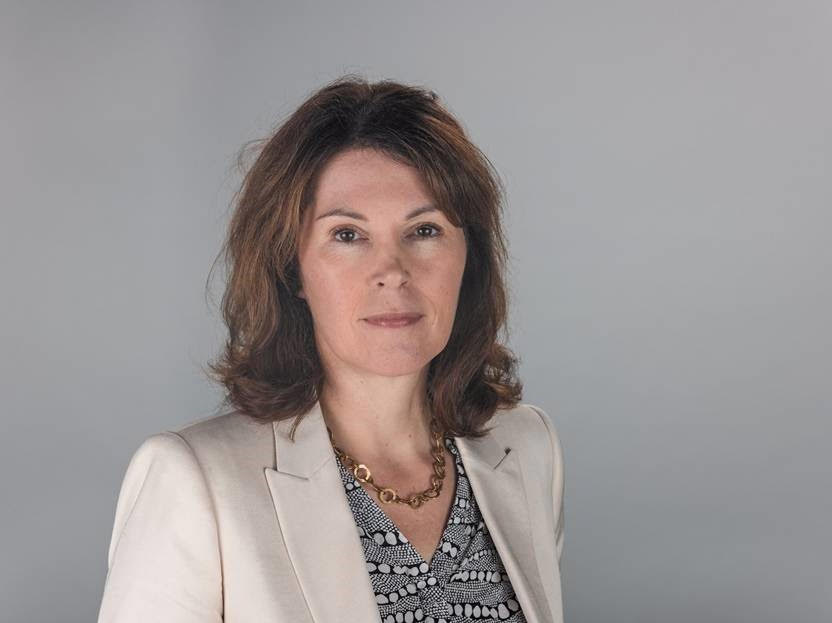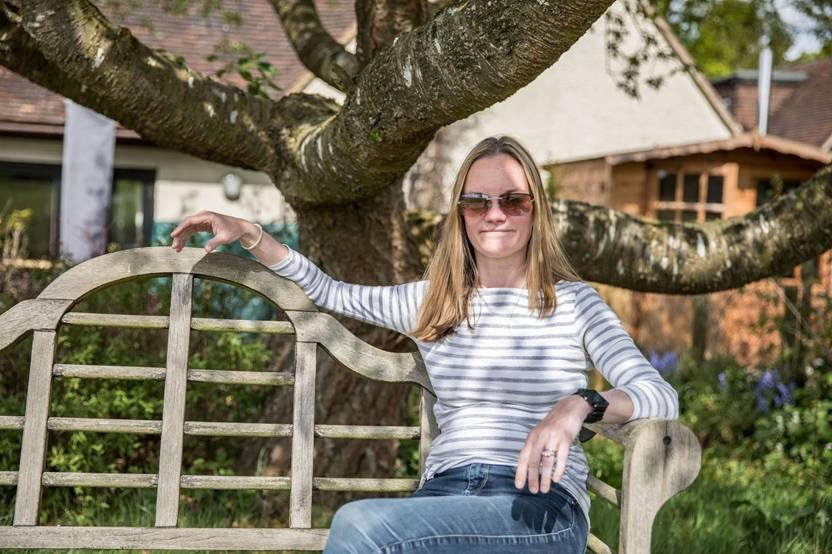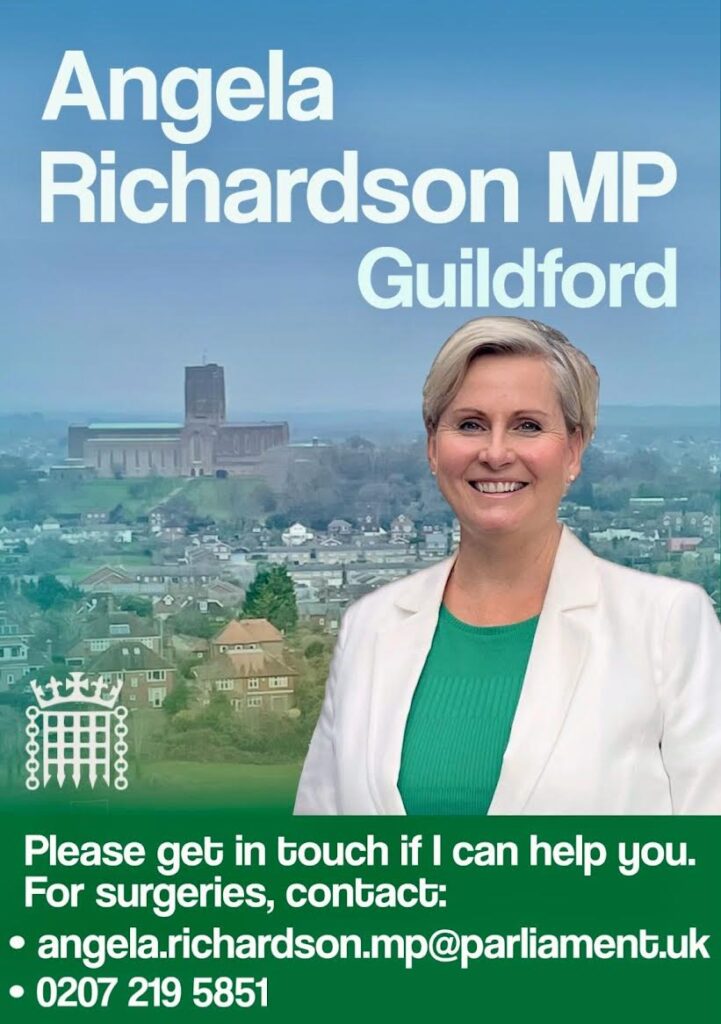 Abraham Lincoln
If given the truth, the people can be depended upon to meet any national crisis...
Abraham Lincoln
If given the truth, the people can be depended upon to meet any national crisis...
 Guildford news...
for Guildford people, brought to you by Guildford reporters - Guildford's own news service
Guildford news...
for Guildford people, brought to you by Guildford reporters - Guildford's own news service
Surrey’s Dignity In Dying Campaign Group Says Control is Taken From the Dying
Published on: 21 Sep, 2019
Updated on: 24 Sep, 2019

Campaigners demonstrate outside Parliament during the last assisted dying bill debate in 2015
By William Wilde
The West Surrey Dignity in Dying is holding its fourth meeting on Monday, September 23, at the University of Surrey.
Eighty-four per cent of people in the UK support legalised assisted dying, shows a poll from leading research company Populus. That’s up from 82% at their last count.
Sarah Wootton, CEO of campaign group Dignity in Dying, told the Guildford Dragon that a law change would put the decision of when to end life in the hands of individuals.
The group believes the present situation is inadequate because it takes control from the dying person. “This is really around the rights of an individual to have autonomy and choice against the right of, really, the Church and the state to control people’s lives,” Ms Wootton said. “I think everybody knows [legalisation] will happen.”
But the campaign group Christian Action Research & Education (CARE) state on their website: “Changing the law to allow euthanasia or assisted suicide will inevitably put pressure on vulnerable people to end their lives for fear of being a financial, emotional or care burden upon others.
Noel Conway, suffering from the fatal motor neuron disease, made headlines recently when he lost his Supreme Court battle to be allowed to die. He said the present situation is “ripe for abuse” because the law is unclear.

CEO of Dignity in Dying Sarah Wootton is confident that the law will change in the UK
Ms Wootton said: “He needed a ventilator to live, and the Supreme Court said you could stop using this, be sedated, it could be removed from you, and then you’d slowly suffocate to death, and that was adequate. I don’t think that is adequate.”
This year, Ann Whaley was questioned under caution by police before travelling with her terminally ill husband to Dignitas in Switzerland. Switzerland is among a handful of countries, including the Netherlands, Belgium, certain US states, and Canada, to allow assisted dying.
In 2015, Guildford MP Anne Milton voted against a change to the law on assisted dying. South West Surrey MP and former Health Secretary Jeremy Hunt also voted against the bill.
In total, the bill was rejected by 330 MPs to 118, showing a wide gap between public opinion and how our MPs are voting on the issue. But recent polls and continued debate in Parliament suggest a shift towards legalisation.
At the time, Ms Milton tweeted about the “moving and thoughtful speeches” given during the Commons discussion. Mr Hunt has tweeted about the importance of dying “with dignity and respect”, but fell short of changing his position on the issue.
Amanda Dhar, a member of the West Surrey Dignity in Dying group, told Dragon NEWS she began to think about the issue after the death of her mother who suffered from ovarian cancer for eight years before she died, “You’d be surprised how many people don’t have an opinion about it and have never thought about it,” Ms Dhar said. She also pointed out that only a small minority of people will choose assisted dying, but the choice is a key factor.

Amanda Dhar argues that the current situation means no safeguards are in place
She contributed her story to Dignity in Dying’s recent report, The Inescapable Truth, which contains stark examples of what can happen when choice is taken away and underpin the group’s commitment to the campaign.
Ms Dhar’s mother was undergoing chemotherapy when she was suddenly put into hospice care for eight weeks before her death. Doctors assured her the pain could be managed, but this proved impossible.
Even critics unrelated to religious groups argue that legalising assisted dying puts pressure on vulnerable people. Yet Ms Dhar is adamant this is about choice, not forcing anyone to do anything. She also believes the law also needs to change so people know where they stand.
“There are no safeguards in place, absolutely none,” she added. “At least, if something was passed in Parliament there would be strict safeguards in place to stop anything untoward.”
Campaign group No To Assisted Suicide highlights on its website that advances in palliative care are a better solution than allowing assisted dying.
But Ms Dhar said her mother suffered because her body rejected all anti-sickness and anti-pain medication. There’s also a legal limit to how much medication a doctor can give, meaning some people will suffer, even with the best medical care available.
“They can’t work miracles,” she said. “If a body won’t accept medication that will enable them to have a calm death, then nothing anyone can do, no matter how qualified they are, can help.”
The West Surrey Dignity in Dying Group meets at the university from 7:15pm to 8:30pm at Teaching Block 6 (No. 21 on the campus map), Stag Hill. Members of the public on any side of the debate are welcome to attend.
More information on the local group, including updates on future events, can be found here.

See Dragon story: GBC’s Explanation of Major Land Sale Notice Error ‘Borders on Arrogant’ Says Councillor







Recent Articles
- Council Leader Apologises Following Publication of Damning Report on Council
- Bee Days Are Here Again
- Man Arrested On Suspicion of Rape
- Letter: We Need a Plan Residents Can Support
- ‘Guildford Green Day’ Announced
- Letter: GBC Seems to Lack a Vision for Guildford
- Pro-Palestine Protest ‘Disrupted By Agitators’ in Guildford High Street
- Carpentry Students Build Storage Area for Children’s Hospices’ Charity Shop
- Awards Presented to Community Volunteers
- Notice: Surrey New Writers Festival – May 18


Search in Site
Media Gallery
Dragon Interview: Local Artist Leaves Her Mark At One of England’s Most Historic Buildings
January 21, 2023 / No Comment / Read MoreDragon Interview: Lib Dem Planning Chair: ‘Current Policy Doesn’t Work for Local People’
January 19, 2023 / No Comment / Read MoreA3 Tunnel in Guildford ‘Necessary’ for New Homes, Says Guildford’s MP
January 10, 2023 / No Comment / Read More‘Madness’ for London Road Scheme to Go Ahead Against ‘Huge Opposition’, Says SCC Leader
January 6, 2023 / No Comment / Read MoreCouncillor’s Son Starts Campaign for More Consultation on North Street Plan
December 30, 2022 / No Comment / Read MoreCounty Council Climbs Down Over London Road Works – Further ‘Engagement’ Period Announced
December 14, 2022 / No Comment / Read MoreDragon Interview: GBC Reaction to the Government’s Expected Decision to Relax Housing Targets
December 7, 2022 / No Comment / Read MoreHow Can Our Town Centre Businesses Recover? Watch the Shop Front Debate
May 18, 2020 / No Comment / Read More






Recent Comments